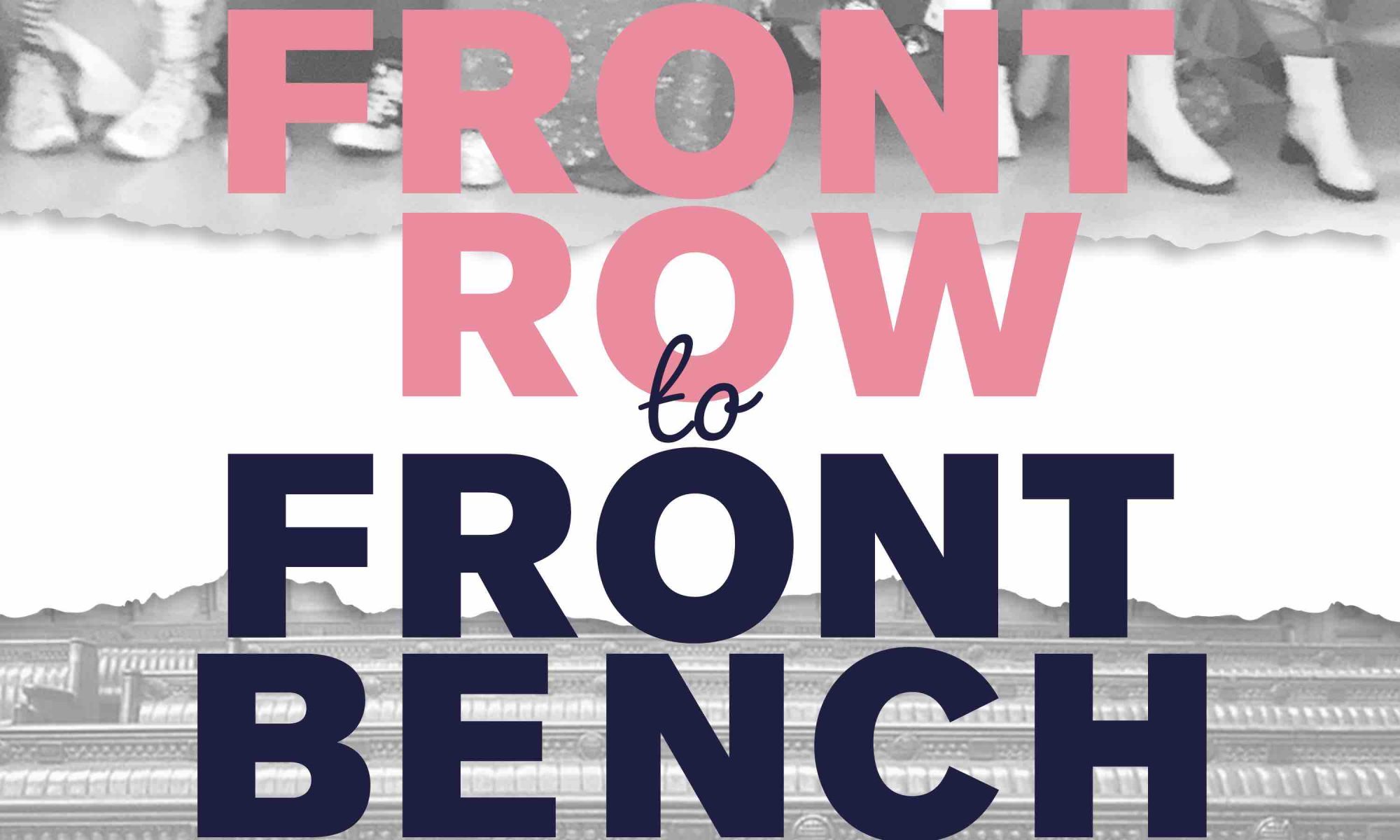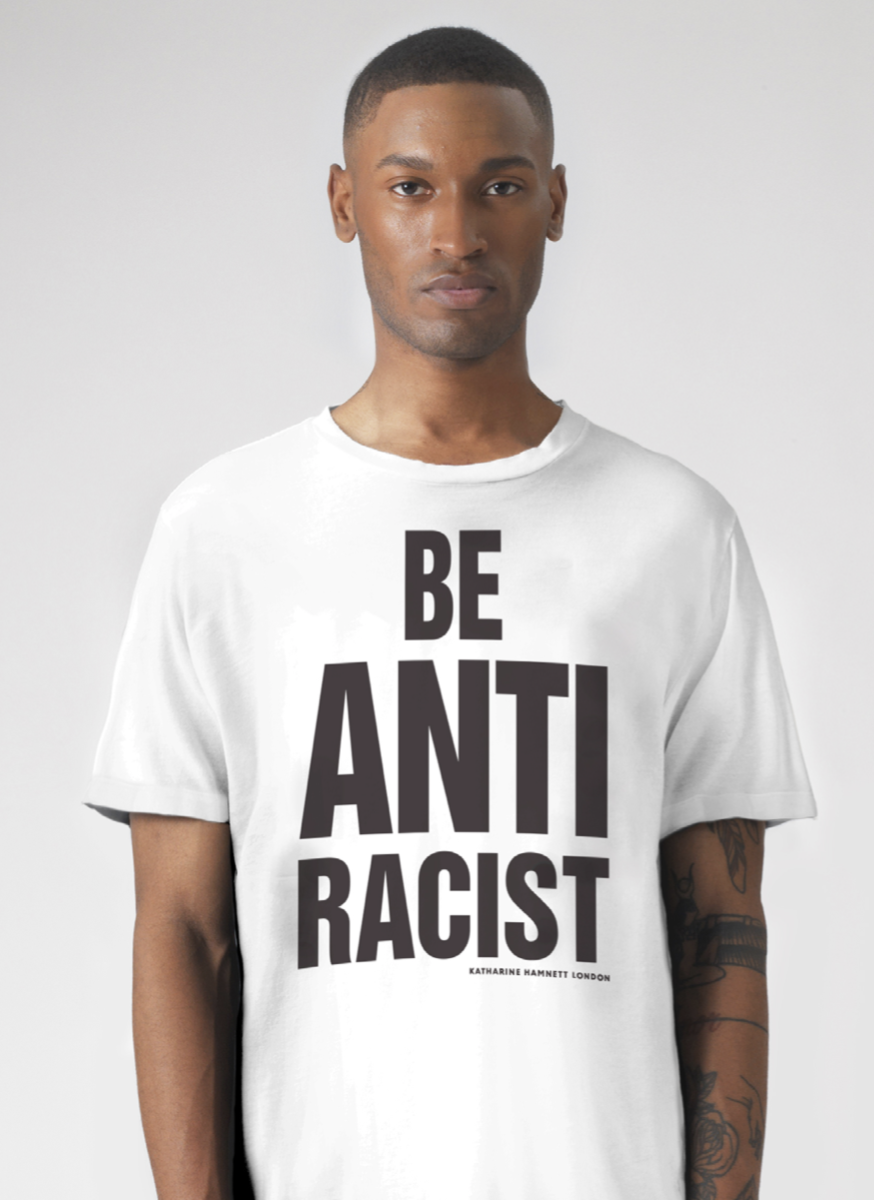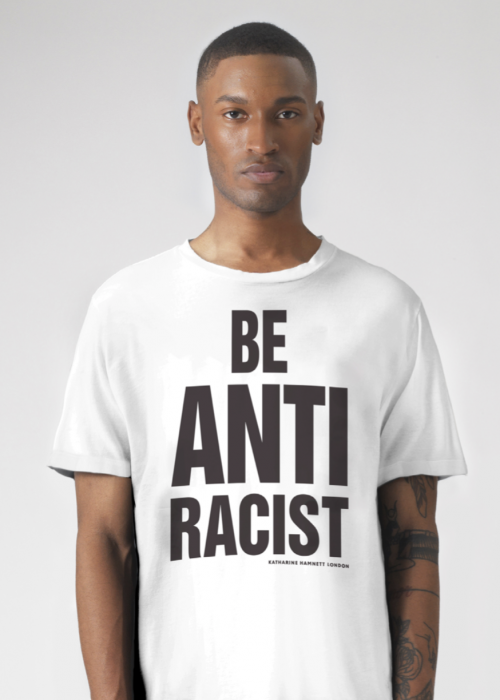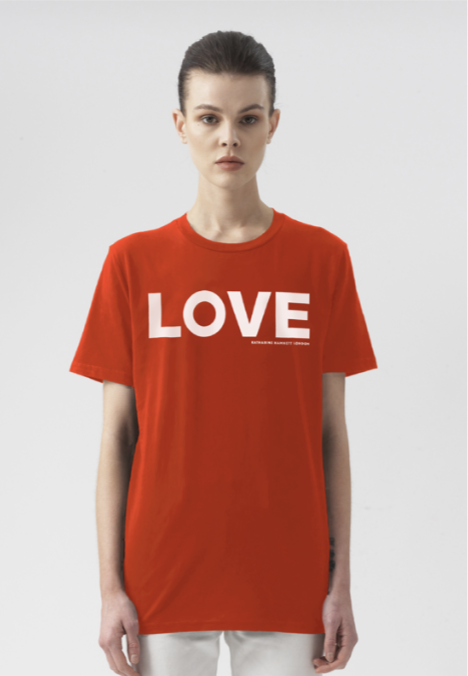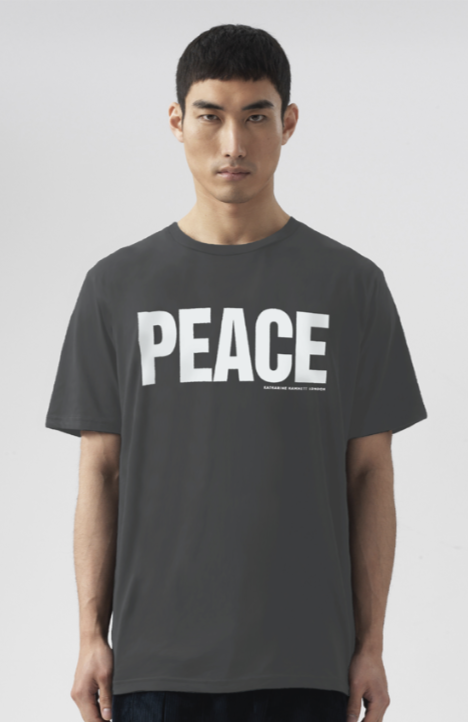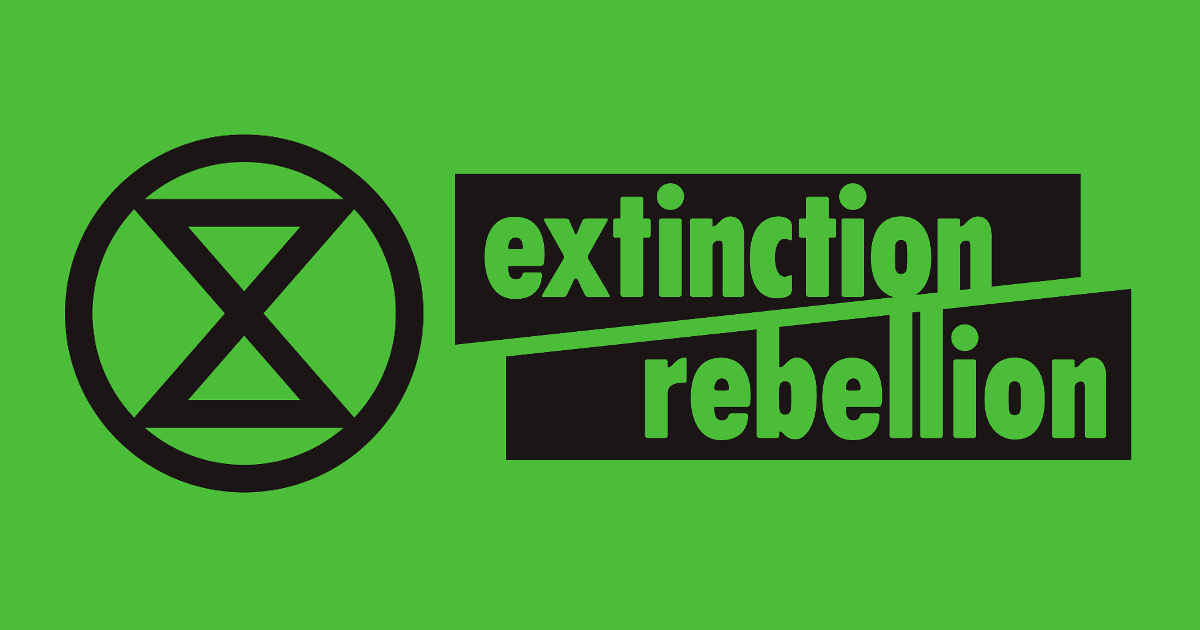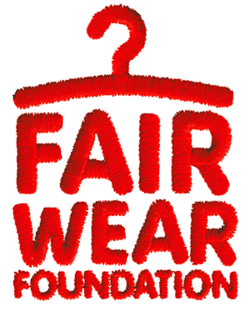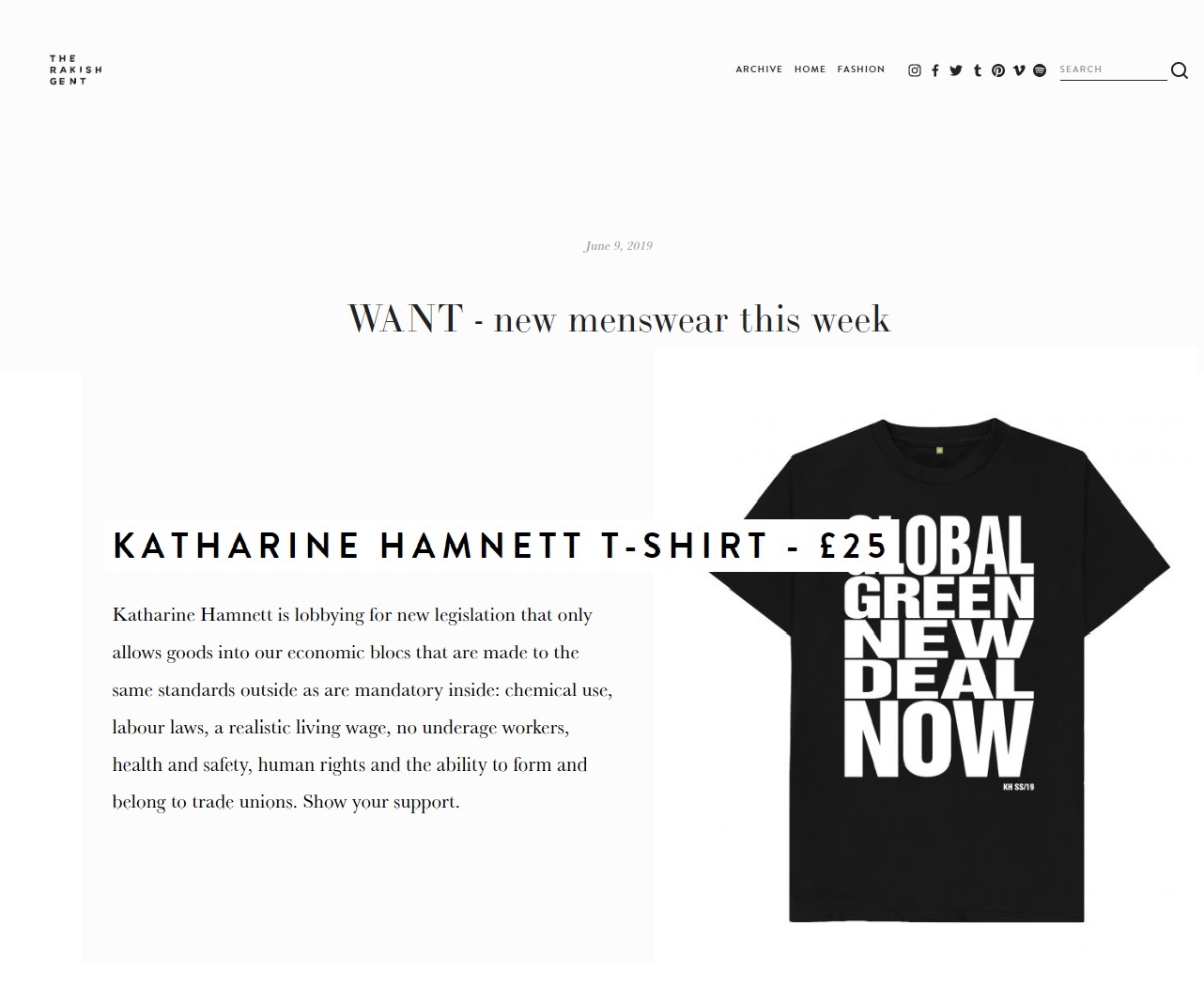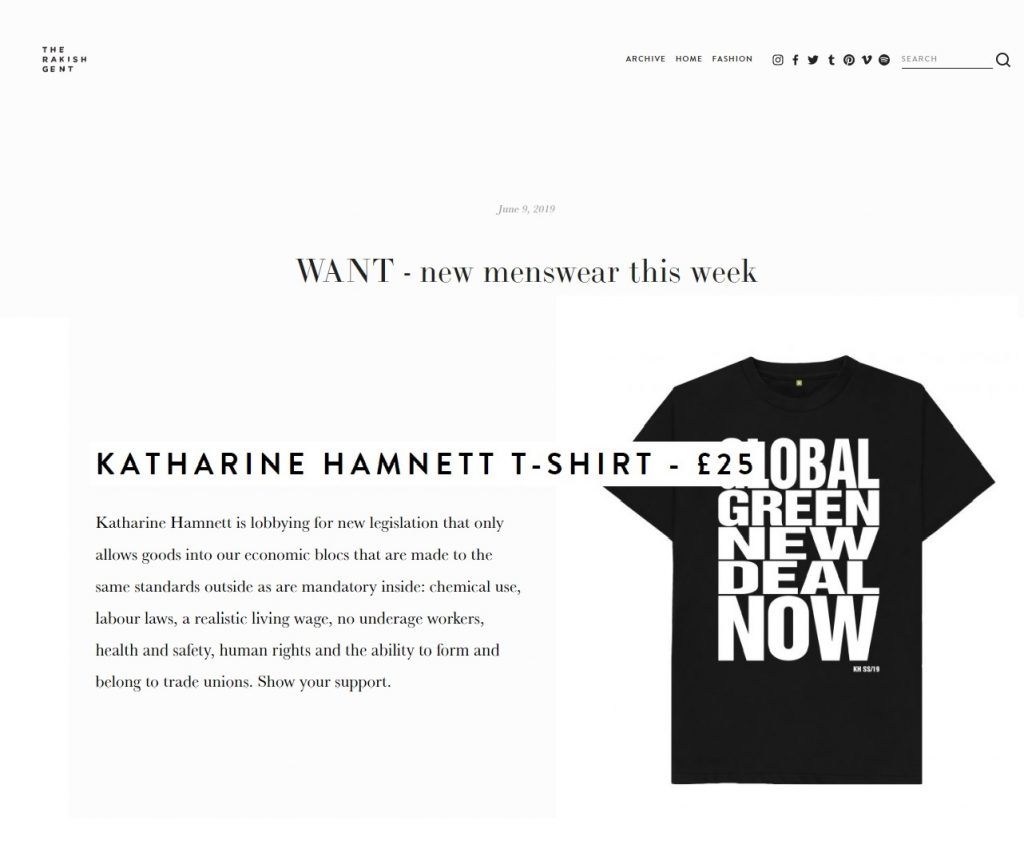UPDATED MARCH 2019
RESPONSIBLE SOURCING POLICY
1. INTRODUCTION
We are committed to only using raw materials from sustainable sources; organic, bio-based,
regenerated or recycled.
We are 100% transparent about all raw materials (fabrics, trims and components) that we use to make
our products, explaining how we verify their sustainability credentials and the reasons we choose the
materials we do.
We will only use conventional raw materials in exceptional circumstances where there is no highquality,
commercially viable, sustainable alternative with equivalent performance properties available.
When this occurs, we work with our suppliers to support them in developing more sustainable
alternatives. We will always look for ways to lessen our impact and implement solutions.
2. SCOPE OF THE POLICY
This policy applies to the sourcing of raw materials used in products that we design and manufacture.
Sustainability issues linked to processes used in the production of our products (e.g. Chemicals, Waste,
Water Use, Wastewater Treatment, Energy, Air Emissions etc.) are covered in the Katharine Hamnett
London Environmental Policy.
3. TRACEABILITY
We are working to trace the origin of our raw materials, one-by-one. We understand how difficult this
process is, due to the complexity of raw material supply chains so we work closely with our
manufacturers, fabric suppliers and mills to trace the full route of our materials step-by-step, from
origin to finished product.
4. IMPLEMENTATION
We have processes in place with our design, sourcing and production teams to ensure that we uphold
the standards set out in this policy. We work closely with our suppliers to make sure they understand
our values and that we understand theirs.
Suppliers are required to provide evidence, demonstrating compliance with this policy before we place
an order with them. We will always support our suppliers on sustainability progress where needed, as
developing long-term relationships with suppliers is important to our brand.
We update this Responsible Sourcing Policy with every collection or in line with significant sustainability
developments.
UPDATED MARCH 2019
5. RAW MATERIAL SOURCING
3A. PLANT DERIVED RAW MATERIALS
We use the following plant derived raw materials under the conditions outlined below:
• GOTS Organic Cotton
• Conventional Cotton
• LYOCELLä/MODALä/TENCELä (LENZINGä)
• Organic Linen
• Corozo
• Card and Paper
ORGANIC COTTON
• We are committed to growing the demand for certified organic cotton globally and 99% of cotton
we source is certified organic (+/- 1% depending on units produced in each collection).
• We only use Global Organic Textile Standard (GOTS) certified organic cotton.
CONVENTIONAL COTTON
• We do not permit the use of conventional cotton in our fabrics. Cotton fabrics must be 100%
GOTS certified organic cotton.
• Conventional cotton is used for our stitching thread and minor trims only, when there is no
commercially viable option available. We are working to switch to certified organic cotton for all
thread and trims, bringing our use of organic cotton up to 100%.
LYOCELLä/MODALä/TENCELä (LENZINGä)
• We only source cellulose based fabrics that are produced using the LENZINGä process, a closed
loop production process that does not discharge toxic chemicals into the environment.
• We are committed to ensuring that wood pulp used to produce any cellulose based fabrics that we
source, does not come from ancient or endangered forests. LENZINGä procure wood and pulp
from Forest Stewardship Council (FSCÒ) and Programme for the Endorsement of Forest
Certification (PEFCä) certified sustainable sources*.
LINEN
• We use linen for its inherent sustainability properties; derived from flax, which requires no
fertilisers/herbicides/pesticides or irrigation in its cultivation.
• We only use 100% GOTS certified organic linen.
COROZO
• Derived from the Tagua nut tree, Corozo seeds used to make Corozo buttons are harvested
naturally when they are ripe and at their most durable for producing buttons.
• We use Corozo as it is a fully biodegradable, renewable resource.
CARD AND PAPER
• We are committed to ensuring that any wood pulp used to produce our packaging does not come
from ancient or endangered forests.
• We only use wood pulp based fibres sourced from forests certified to the FSCÒ for our packaging.
UPDATED MARCH 2019
3B. ANIMAL DERIVED RAW MATERIALS
We use the following animal derived raw materials under the conditions outlined below:
• Animal Hair; Wool, Cashmere, Mohair, Regenerated Baby Camel Hair, Alpaca
• Silk
• Recycled Down
• Regenerated Animal Derived Leather
• Farmed Mother of Pearl
ANIMAL HAIR
• We give preference to animal hair from regenerated or recycled sources.
• All virgin animal hair used in our products must come from farms with high animal welfare
standards, preferably accredited/certified by a recognised body – we are committed to upholding
the highest animal welfare standards, based on the internationally recognised ‘Five Freedoms’ for
animal welfare.
• Virgin animal hair used in our products must be gathered, clipped, shorn or combed/groomed only.
Wool
• We give preference to wool from regenerated or recycled sources, supporting the traditional
process of mechanically reworking fabric offcuts into new yarn, that has been widely in use in the
Prato area since the 1800’s. This process can however affect the durability of certain fibres and in
these cases, we use virgin wool.
• All virgin wool fibres must come from farms with high animal welfare standards, preferably GOTS
certified or ZQÔ certified in certain cases.
• All virgin wool fibres must come from farms that do not practice mulesing. Wool originating from
Australia must be declared as ‘non-mulesed’ (NM) or ‘ceased-mulesed’ (CM) in National Wool
Declaration (NWD) documentation.
Cashmere
• We actively source sustainable alternatives to virgin cashmere fibres, due to the negative social and
environmental impacts caused by current cashmere production practices in Mongolia and other
cashmere producing regions.
• We give preference to cashmere from regenerated or recycled sources, supporting the traditional
process of mechanically reworking fabric offcuts into new yarn, that has been widely in use in the
Prato area since the 1800’s. This process can however affect the durability of certain fibres and in
these cases, we use virgin cashmere.
• We experiment with different types of wool compositions to find the highest performing sustainable
blend and will only ever use a small % of fully traceable virgin cashmere fibres in these instances.
Regenerated Baby Camel Hair
• We source Regenerated Baby Camel Hair as a more sustainable alternative to virgin cashmere
fibres, as camel hair has similar performance properties to cashmere and regenerating it extends
the life of this lightweight and luxurious fibre.
Alpaca
• We experiment with different types of wool compositions to find the highest performing sustainable
blend. We use a small % of alpaca for added smoothness, softness and durability.
• Alpaca is one of our preferred fibres when it comes to wool blends, as alpacas are raised without
the need for toxic chemicals, minimising the impact of their farming on the environment and they
create less damage to soil, than cashmere goats for example.
UPDATED MARCH 2019
Mohair
• We are aware of animal welfare abuses in mohair supply chains and are working to ensure that we
uphold the highest animal welfare standards while continuing to support credible local herders in
mohair producing regions.
• Mohair sourced from South Africa should come from farms audited to the Mohair South Africa
Sustainable Mohair Production Guidelines.
• We are following the development of the Textile Exchange Responsible Mohair Standard for best
practice standards in mohair producing regions.
SILK
• Our silk comes from conventional sources. We have trialled alternatives, Peace Silk for example,
but found that supporting our existing Italian supplier to create a fully certified supply chain of
GOTS organic silk is the best option for our brand. We want to encourage other suppliers to
convert to sustainable silk and drive the supply of a more commercially viable option.
• Our silk is dyed using low impact GOTS certified dyes.
RECYCLED DOWN
• We do not use virgin down or feathers due to animal welfare issues, live plucking and force feeding
for example.
• We only use recycled down certified to the Global Recycled Standard (GRS).
REGENERATED ANIMAL DERIVED LEATHER
• We do not use virgin leather but we do use a small amount of regenerated animal derived leather to
reinforce buckles in one of our products.
• All regenerated animal derived leather should be certified to a credible standard and the source of
the leather used for regeneration should be verifiable.
HORN
• We have used horn buttons in the most recent collections prior to this policy update.
• Due to difficulties in assuring animal derived materials as by-products of the meat industry, we are
working to phase out horn buttons, trialling more sustainable alternatives, recycled nylon for
example.
MOTHER OF PEARL
• We only accept farmed mother of pearl for our buttons, that come from reputable suppliers who
can verify the origin and provide animal welfare and biodiversity protection assurances.
3D. MINERAL DERIVED RAW MATERIALS
We use the following mineral derived raw materials under the conditions outlined below:
SWAROVSKI CRYSTAL
• We only accept crystal embellishment from Swarovski, as Swarovski crystal is sustainably produced
to their Advanced Crystal standard. This ensures that the crystal glass and all other materials in its
composition, contain 0.009% lead or less.
3C. SYNTHETIC RAW MATERIALS
We use the following synthetic materials under conditions outlined below:
• Virgin Petroleum Derived Fibres
• Elastane
• Recycled Polyester & Recycled Nylon
UPDATED MARCH 2019
VIRGIN PETROLEUM DERIVED FIBRES
• We are working to eliminate all virgin petroleum derived materials and that includes switching to
recycled alternatives where more high-quality, commercially viable options become available.
• We give preference to petroleum derived fabrics that are 100% recycled from industrial waste
and/or post-consumer waste and certified to a credible standard e.g. Global Recycled Standard
(GRS).
• We do use virgin petroleum derived fibres in a portion of our trims (zips, shoulder pads and a small
percentage of stitching thread) and three of our fabric blends contain a small percentage of
elastane.
ELASTANE
• We allow a small amount of elastane across three of our products; 2% of elastane in some of our
denim to offer a commercially viable fit, 5% in knitted mesh for durability and 22% in our swimwear
fabric, as we have yet to find a swim fabric innovation that does not require the use of elastane for
performance purposes.
• We are working to phase out the use of elastane completely, particularly in denim by highlighting
the benefits of raw denim fit to consumers and hopefully stimulating a market shift away from
elastane blend fabrics.
RECYCLED POLYESTER & RECYCLED NYLON
• We only use recycled polyester that is 100% recycled from industrial waste and/or post-consumer
waste (e.g. plastic bottles) and certified to the Global Recycled Standard (GRS).
• We only use recycled nylon that is 100% recycled from industrial waste (e.g. discarded fishing nets)
and post-consumer waste that is certified to the Oeko-TexÒ certified and/or Global Recycled
Standard (GRS). We are also exploring bio-based nylon options for our upcoming collection.
6. RAW MATERIALS THAT WE DO NOT USE
We do not permit the use of the following:
• Conventional Acetate
• Conventional Cotton Fabrics
• Conventional Nylon Fabrics
• Conventional Polyester Fabrics
• Conventional Viscose
• EVA
• Exotic Skins
• Fur (including Angora)
• PVC
• Virgin Animal Derived Leather
• Virgin Down and Feathers
• Virgin Wool Fibres from farms that practice mulesing
• Virgin Petroleum Derived Fabrics
The materials listed here as ones that we do not use, are materials that we deem the most important to
highlight due to their environmental, social and economic impacts. It is however, not an exhaustive list.
We are always monitoring the latest sustainability developments and innovations and will update this list
accordingly.
* To support businesses who cannot afford sophisticated and expensive certification procedures, minor volumes of wood are purchased from small-scale
producers which Lenzing wood buyers are very familiar with. These partners prove their sustainability commitment continuously to Lenzing’s wood
procurement and forestry experts.

